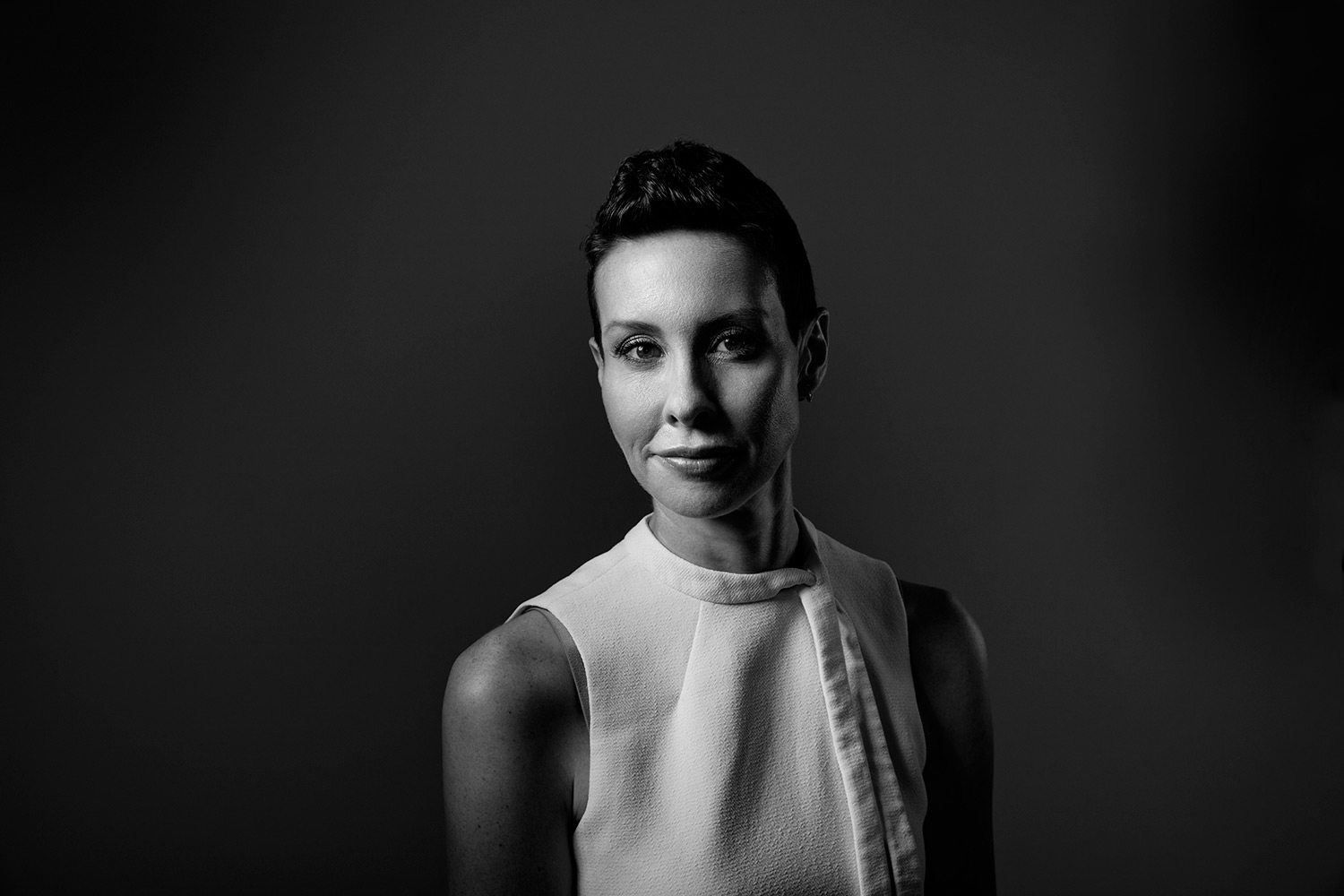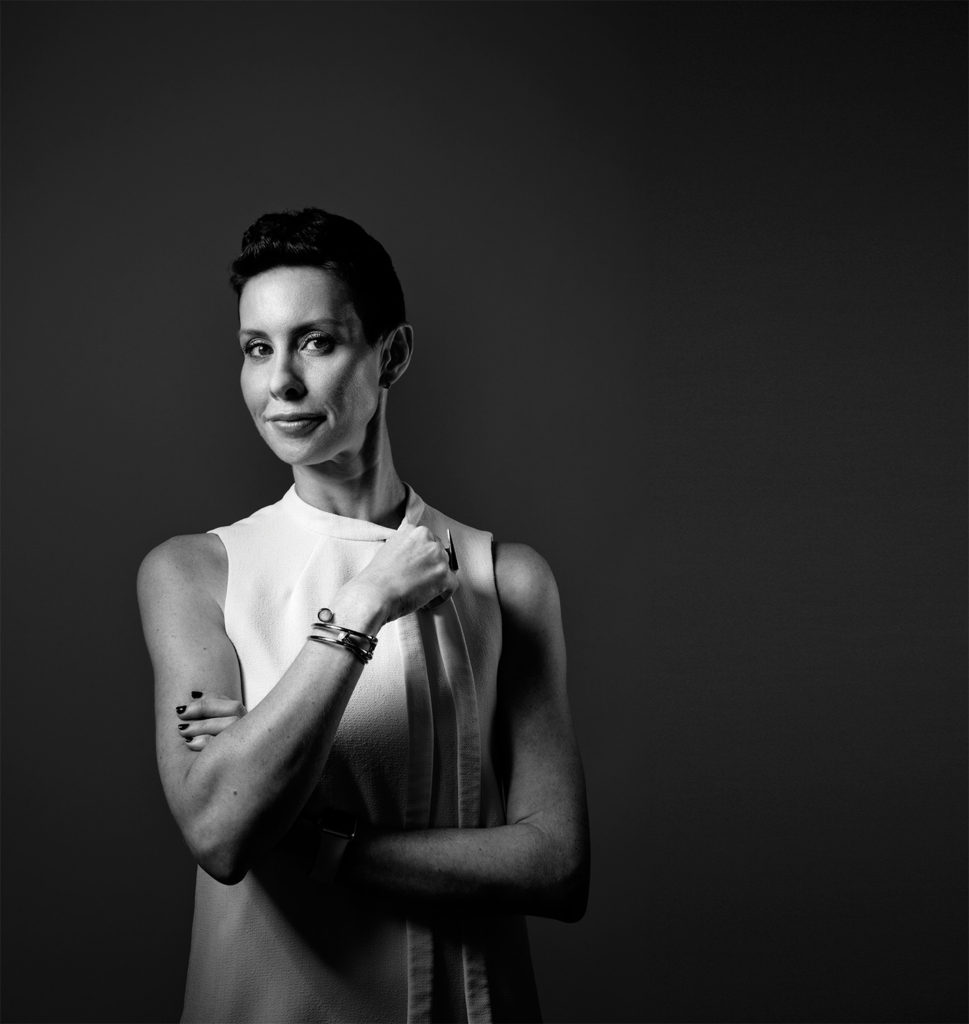
One woman shares her story of overcoming illness and the power of the human spirit.
In September of 2015, Elisabeth Trumbower felt a lump in her breast. “It seemed like it came out of nowhere,” she says. And it was big. She had no family history of cancer, but she made an appointment for some tests. Her OB/GYN told her not to worry — Elisabeth didn’t have any of the typical risk factors for breast cancer.
At the appointment, Elisabeth knew something was wrong. “The ultrasound tech was very chatty at first,” Elisabeth recalls. “And then, all of a sudden, when she started the scan, she got really quiet.”
When she heard the test results, Elisabeth panicked. “I did not handle it well,” she says. “Some F-bombs were dropped. I thought I was a dead woman . . . [the Boone Hospital staff] will never forget my diagnosis.”
Elisabeth is an RN, BSN, and licensed esthetician. She owns Pela Cura Anti-Aging & Wellness, a medical spa in Columbia. Many of her family members are in medicine, too. So as the panic subsided and the details of her diagnosis were revealed, she started to understand how unusual her circumstances were.
The tumor was an uncommon type known as triple-negative. The vast majority of triple-negative breast cancer patients carry the BRCA1 or BRCA2 gene (a positive test for BRCA1 is what led Angelina Jolie to undergo a preventative double mastectomy), but Elisabeth carried neither BRCA gene. This meant there was no targeted treatment for her type of cancer. She would have to undergo aggressive chemotherapy.
A diagnosis of a rare, difficult-to-treat form of cancer could destroy a person. But Elisabeth focused — “I’ve got to get my head in the game,” she said to herself — and started looking for good news. When she tested negative for BRCA1 and BRCA2, her first thought was that her nieces likely didn’t carry them either, so they wouldn’t be at greater risk. When the doctor explained that her cancer was triple negative, she said: “That’s great! At least I can do hormone replacement therapy safely.”
Elisabeth’s stubbornness and sense of humor were revived in those first few days. (“If the tumor had been any bigger, it would’ve been taking night classes at Columbia College,” she jokes), but the first steps of her treatment were hardly funny. To preserve Elisabeth’s option to have children someday, her eggs were harvested and frozen, and her ovaries were chemically shut down. She went into menopause overnight. Her father, the late Dr. William D. Trumbower, an OB/GYN for more than 40 years who had left his practice to work with Elisabeth at Pela Cura, prescribed a hormone therapy cream to ease her symptoms.

The chemo was brutal. She began dose-dense therapy, meaning higher doses of chemo at greater frequency. Her hair fell out after the first dose. Her immune system was depressed, leading to illnesses and complications. She describes her reaction to the chemo’s effects this way: “Who’s going to die first? Is it going to be you or the cancer?”
Elisabeth was stubborn — diehard, she says — and didn’t miss a single treatment, even when her doctors said she should consider taking a break. Once, her blood work was so bad that she had to receive a blood transfusion after chemo. Immediately afterwards, Elisabeth and her partner Merek LeGrand left for a holiday trip to Houston. She refused to let the cancer stop her from living. She continued working at Pela Cura throughout her entire course of treatment. “I was no hero with the way I dealt with things,” she says. “I had my moments of darkness and sadness and vulnerability and fear — a lot of fear. But I just didn’t let it consume me.”
A second tragedy made that more difficult: her father was diagnosed with kidney cancer a month after Elisabeth’s diagnosis. “We were so close we even got cancer together,” Elisabeth says. He died on March 4, 2016.
Elisabeth deeply admires her father’s humility, faith, and love for his family. Dr. Trumbower refused to begin end-of-life care until Elisabeth finished her last chemotherapy treatment. “He was the kindest, most generous, least judgmental person you can imagine, multiplied by a million,” she says. His patients still cry in Elisabeth’s office, recalling his dedication.
A week after her father’s funeral, Elisabeth had a lumpectomy, followed by eight weeks of radiation. The cancer hadn’t spread, and her margins were clear, meaning no cancer was left in her body. She’s still recovering from the after-effects of her treatment, but says it’s child’s play compared to chemo. And she advocates for the legalization of medical marijuana, a cause close to her father’s heart.
Elisabeth says she takes things one day at a time. She’s not afraid of the future. “I know I can handle whatever comes at me and that I can still enjoy life,” she says. “And that’s a very powerful feeling.”


